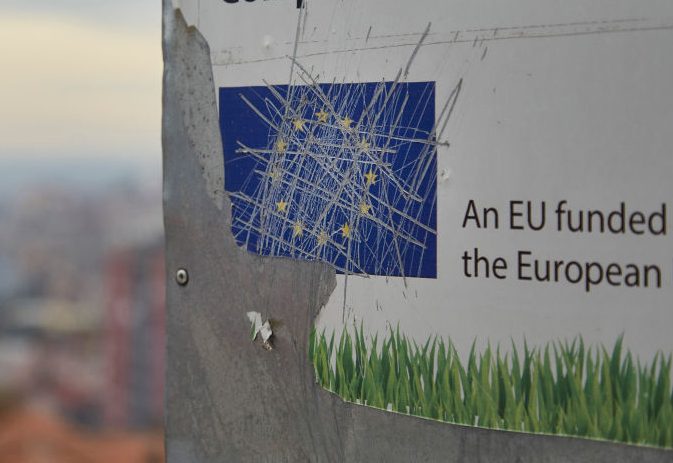Most European Union Member States are against the introduction of so-called transnational European elections, a leaked survey has revealed.
Adoption of such a method – which would give EU citizens the chance to vote for candidates originating from all across the bloc as opposed to just those within their own countries – was backed by the European Parliament as part of a series of potential reforms last year.
However, the results of a private EU members survey undertaken by the Swedish Government appear to indicate that such a development does not have the support of EU governments at the national level.
According to data leaked to Euractiv, only three of the European governments polled backed the proposed measure.
A further 11 said that they were opposed to the change, while seven listed themselves as being undecided.
Other reforms put forward by the European Parliament proved to be similarly unpopular, with only one country saying it was in favour of a proposed change that would allow citizens to indicate their preferred candidate for the position of European Commission President.
Most countries were also against lowering the voting age for EU elections to 16.
The only suggestion that received majority support was a proposed change that would require any party to secure 5 per cent or more of a country’s vote in order to be given a seat in parliament.
The data appears to indicate that officials in Brussels may struggle to get their desired amendments over the finishing line, with accusations that the reforms are an attempt to “denationalise” elections, possibly reflecting fears held by many of those in EU nations’ capital cities.
Elsewhere, encouragement from European federalists seem to have fallen on deaf ears among Member States, with Guy Verhofstadt’s claim last year that transnational votes were “the way forward” not appearing to convince national governments.
To further muddy the waters, Politico reports that the reforms would need unanimous support from EU countries to be implemented, indicating that it may take considerable time for even a truncated variant of any changes to be implemented.





